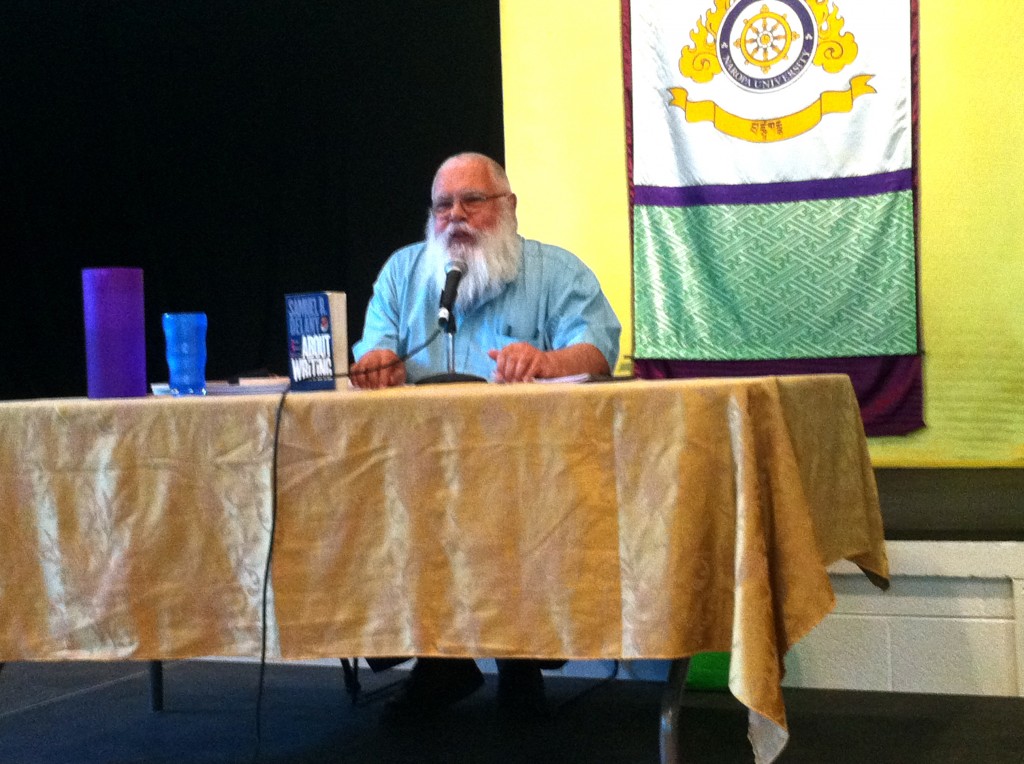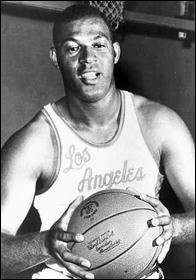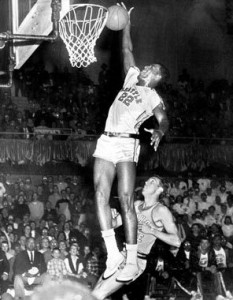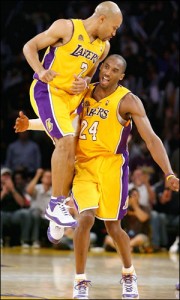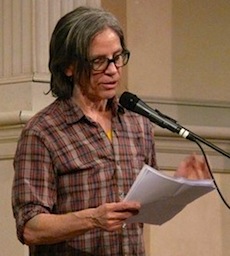Greetings from Boulder
So, as is the case when I blog, this space has lapsed significantly.
But, this morning, 8:27AM in Boulder, CO, I feel compelled to report–mostly because I am here teaching at Naropa University’s Jack Kerouac School of Disembodied Poetics, in a week devoted to different manifestations and forms of technology and hybridity.
Gender & Hybridity, and Should We Consider the Cyborg?
“We are all chimeras, theorized and fabricated hybrids of machine and organism; in short, we are cyborgs” – Donna Haraway
How is our writing mediated and motivated by considerations of gender and hybridity? We’ll look at some of the movements in recent decades across less represented writing communities: gay, trans, war vets. We’ll take inspiration from Homi K. Bhabha’s diasporas and Cole Swensen and David St. John’s American Hybrid anthology. How has the “democracy” of the Internet opened up floodgates of “untested” material? What of the cult of blogs, everyone’s story, confession, the manufactured memoir? What is interesting? Do our bodies become speedier and more mechanized as we plug in? What capabilities are gained in the age of the ebook and text message novels?
**
On Monday, there was an amazing panel about the “hybrid.” On Tuesday, there was a panel (which I was on) about “Writing Diaspora: Live & Virtual.” And, my class this week is titled “Prosthesis and Procedure.” So, my mind is on many things related to the kind of things that happen when one blogs, when one brings technology into the classroom, etc…The implications of the posthuman–and why is it that I truly believe that I am a “cyborg,” particularly when the term is actually quite problematic.
I ended my panel statement with the following:
“When N. Katherine Hayles refers to Alan Turing’s “imitation game” in her “Introduction” to How We Became Posthuman, what she really seems to be pushing us towards is a question of embodiment. If a computer can fulfill the same activities that a human can, what’s left to differentiate? Hayles also states that the idea of the posthuman both “evokes terror and excites pleasure.” But, what do we really make of any of this as writers? Particularly in the context of the vocabulary chosen for the title of this panel. Live and virtual are easy enough to handle. But, diaspora. Is the posthuman a way to finally locate a home? Is the virtual the way to house that which has no home?”
But, even now, I am not so sure I agree with that…
**
Another highlight for me was Samuel R. Delany’s talk on writing–refreshingly not connected to hybrid or diaspora–but more an excavation/explanation of the cliche–a history of sorts, framed by a student conference.
**
And, so, some questions:
- Why does this conversation on technology–particularly with regards to pedagogy–always produce some kind of binary? For example, either technology is good or it is bad. Either we use technology in a class or we don’t.
- What is a hybrid? There were some really interesting definitions offered on the panel on Monday, but I am curious about how one might define “hybrid” under the auspices of the classroom?

